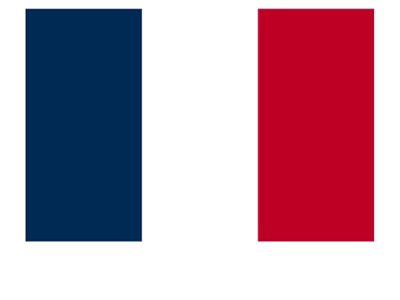Sign up for FlowVella
Sign up with FacebookAlready have an account? Sign in now
By registering you are agreeing to our
Terms of Service
Loading Flow


In the congress of Tours in 1920, the socialist party (SFIO) was split in two and the majority broke away and formed the French Communist Party (Section française de l'internationale communiste). The remaining minority, led by Léon Blum, "kept the old house" and stayed in the SFIO. In 1924 and again in 1932, the Socialists joined with the Radical-Socialist Party in the "Coalitions of the Left" (Cartels des Gauches), but refused actually to join the non-Socialist governments led by the Radicals Édouard Herriot and Édouard Daladier. Daladier resigned under pressure of the far-right leagues after the 6 February 1934 crisis, and conservative Gaston Doumergue was appointed president of the Council. The left-wing had feared a right-wing coup d'état as those that had taken place with the 1922 March on Rome and events in Germany. Therefore, under the Comintern's influence, the Communists changed their line and adopted an "antifascist union" line, which led to the Popular Front (1936–38), which won the 1936 elections and brought Blum to power as France's first socialist prime minister. The Popular Front was composed of radicals and socialists, while the communists supported it without participating in it (in much the same way that socialists had supported radicals' governments before World War I without participating in them). Within a year, however, Léon Blum's government collapsed over economic policy, opposition from the bourgeoisie (the famous "200 hundreds families") and also over the issue of the Spanish Civil War (Blum decided that supporting the Spanish Republicans might hasten a more general European war; this decision led to huge defections among the French left-wing, while Adolf Hitler and Benito Mussolini unashamedly armed and supported Francisco Franco's troops).
The French far right expanded greatly and theories of race and anti-semitism proliferated in many quarters. Numerous far-right and anti-parliamentarian leagues, similar to the fascist leagues, sprang up, including colonel de la Rocque's Croix-de-Feu 1927-1936 which, like its larger rival the monarchist Action Française (founded in 1898, condemned by Pope Pius XI in 1926, Action Française supported a restoration of the monarchy and of Roman Catholicism as the state religion) advocated national integralism (the belief that society is an organic unity) and organized popular demonstrations in reaction to the Stavisky Affair 1934, hoping to overthrow the government (see 6 February 1934 crisis).
Government
